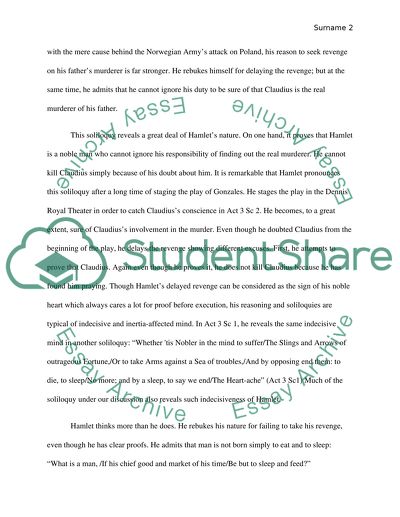Cite this document
(“Hamlet essay Example | Topics and Well Written Essays - 1000 words”, n.d.)
Retrieved from https://studentshare.org/literature/1470491-hamlet-essay
Retrieved from https://studentshare.org/literature/1470491-hamlet-essay
(Hamlet Essay Example | Topics and Well Written Essays - 1000 Words)
https://studentshare.org/literature/1470491-hamlet-essay.
https://studentshare.org/literature/1470491-hamlet-essay.
“Hamlet Essay Example | Topics and Well Written Essays - 1000 Words”, n.d. https://studentshare.org/literature/1470491-hamlet-essay.


